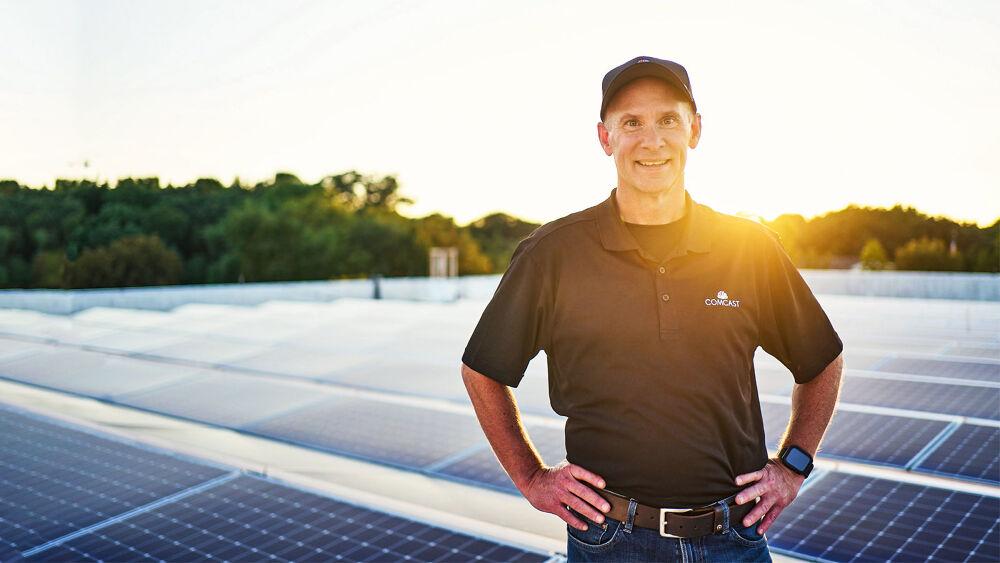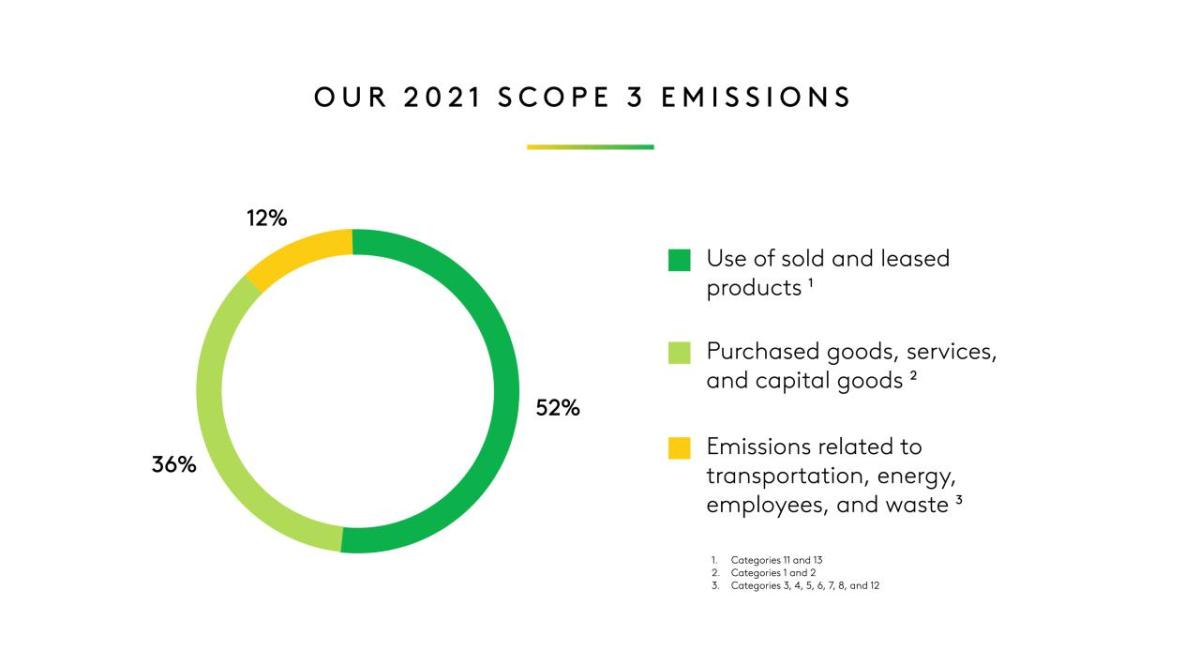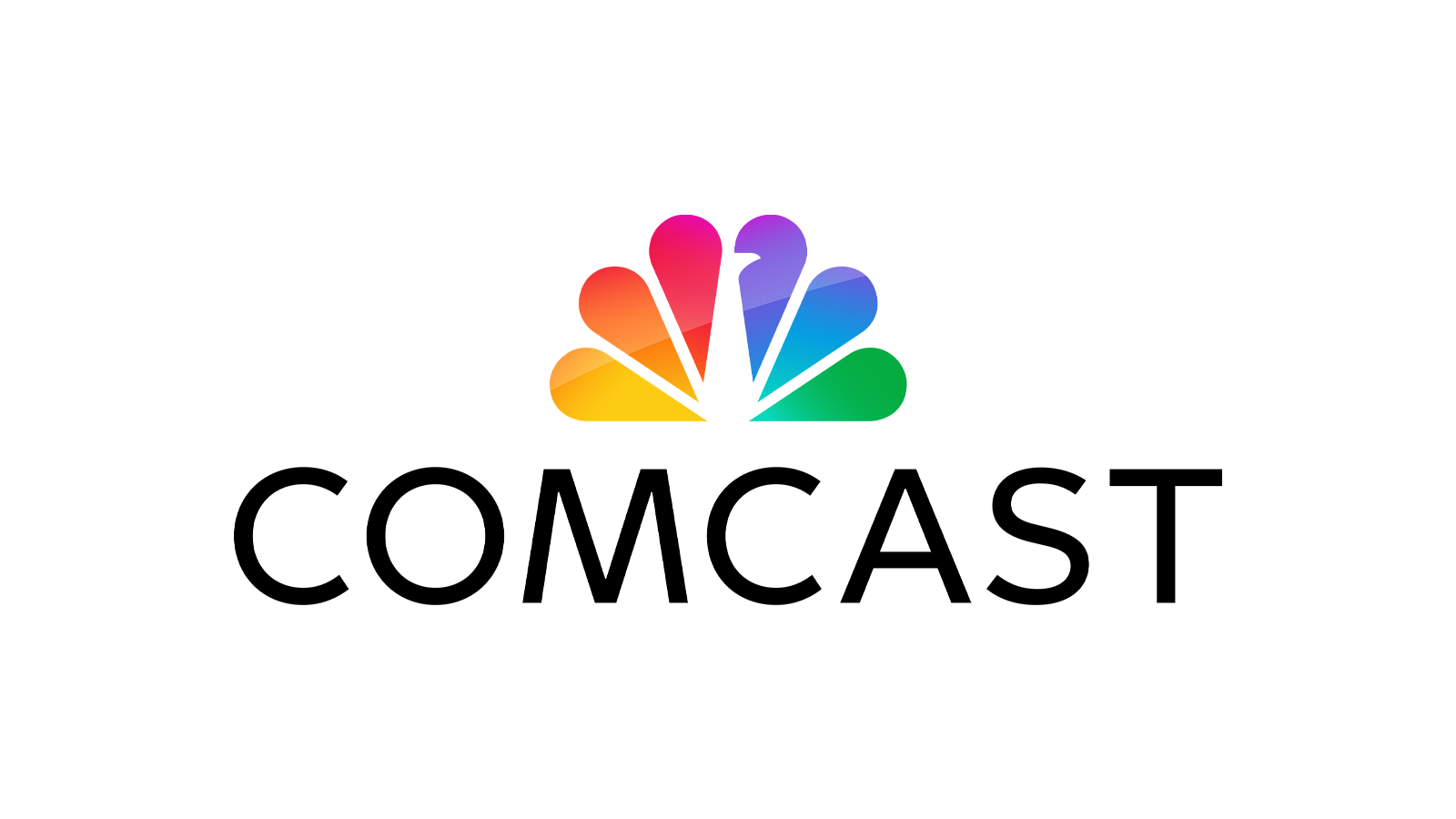A Year of Meaningful Climate Progress
By Sara Cronenwett
2022 was a crucial year for Comcast as we made measurable progress toward our carbon neutral goal and took a critical step in joining the Science Based Targets initiative on climate action.
Our continued investment in clean and renewable energy has been a key driver of our 31% reduction in enterprise-wide greenhouse gas emissions since 2019 and will remain a primary focus of our decarbonization strategy in the years ahead.
Cleaner, greener operations
In 2022 alone, we signed new renewable energy power purchase agreements totaling more than 183,000 megawatt-hours (MWh) per year, bringing our contracted total to over 1 million MWh per year – equivalent to one year’s worth of electricity use for 137,000 homes1, or roughly 25% of our projected 2026 energy load.
In Los Angeles, NBCUniversal completed construction of eight new sound stages at the Universal Studios Lot that will soon feature a combined 1 MW of rooftop solar. In the United Kingdom, Sky has nearly completed construction of Sky Studios Elstree that will feature over 160,000 square feet of solar panels on the roofs of buildings, with any additional energy required also coming from a renewable source.
Across the enterprise, we’re continuing to work to reduce fleet emissions by piloting electric and hybrid vehicles in select locations, installing telematics and fuel efficiency technology, and offering digital support tools that have allowed us to eliminate 4.8 million truck visits, saving more than 7.6 million gallons of gasoline and avoiding 67,000 metric tons of greenhouse gas emissions.
In 2022 we also announced plans to deploy new, energy-efficient technologies across our network that by 2030 we estimate will avoid the equivalent amount of electricity needed to power half a million homes for a year.
A view of our value chain
Another significant accomplishment in 2022 was estimating the emissions of our full value chain, known as Scope 3 emissions. Comcast’s Scope 3 emissions, now included in our Carbon Footprint Data Report, reflect estimates of the upstream emissions associated with our suppliers as well as the downstream emissions associated with our customers’ use of our products and services.
Because Scope 3 emissions occur from sources owned or controlled by entities outside of our control, they are more difficult to calculate compared to Scope 1 and 2 emissions and use many estimates that are based on a combination of measured and estimated emissions data. Given these inherent data limitations and inconsistent estimation techniques among companies, comparison of Scope 3 values across companies or placing undue reliance on Scope 3 estimates is not recommended.
Estimating the emissions of our full value chain was an important step for us to join the Science Based Targets initiative (SBTi), one of the key organizations focused on aligning corporate climate action with the global climate goals set by the Paris Agreement. By joining SBTi, Comcast has committed to set near-term emission reduction goals in line with pathways designed to limit global warming.
Collaboration for the future
Working to address the impact across our value chain and overcoming the broader challenges of decarbonizing society at large will require increased collaboration with a range of business partners, industry peers, governments around the world, and other stakeholders.
For example, we plan to seek information from our larger suppliers on their emission reduction plans, and our Supplier Code of Conduct includes guidance on business continuity and sustainable practices. We’ll also continue our longstanding collaboration with industry peers to collectively improve the energy efficiency of TV set-top boxes and small network equipment to reduce downstream emissions and save customers money on their energy bills.
We’re proud of the work being done throughout the enterprise to move us closer to our carbon neutral goal and will continue to evolve and refine our plans to support sustainability across our business. We look forward to sharing more progress along the way.
1 Source: https://www.epa.gov/energy/greenhouse-gas-equivalencies-calculator
2 Source: https://www.ncta.com/media/media-room/industry-initiative-saves-consumers-25-billion-in-annual-energy-costs
Forward-Looking Statements
This article includes estimates, projections and statements regarding plans and goals that may constitute “forward-looking statements” within the meaning of the Private Securities Litigation Reform Act of 1995 and p 21E of the Securities Exchange Act of 1934. These forward-looking statements generally are identified by the words “believe,” “project,” “expect,” “anticipate,” “estimate,” “intend,” “potential,” “strategy,” “future,” “opportunity,” “commit,” “plan,” “goal,” “may,” “should,” “could,” “would,” “will,” “continue,” “will likely result” and similar expressions. Forward-looking statements are based on current expectations and assumptions that are subject to risks and uncertainties that may cause actual results to differ materially. In evaluating these statements, you should consider various factors, including the risks and uncertainties we describe in the “Risk Factors” ps of our Forms 10-K and 10-Q and other reports we file with the Securities and Exchange Commission (“SEC”). There are also certain risks and challenges we may face in meeting our environmental goals that are beyond our control, including political, economic, regulatory and geopolitical conditions, the evolution of carbon offset markets, limited large-scale investments and innovations in technology and infrastructure, and supply chain and labor issues. The inclusion of forward-looking statements that may address our corporate responsibility initiatives, progress, plans and goals in this article is not an indication that they are necessarily material to investors or required to be disclosed in our filings with the SEC. Such statements may contain estimates, make assumptions based on developing standards that may change and provide aspirations and commitments that are not intended to be promises or guarantees. Readers are cautioned not to place undue reliance on forward-looking statements, which speak only as of the date they are made. We undertake no obligation to update or revise publicly any forward-looking statements, whether because of new information, future events or otherwise.



